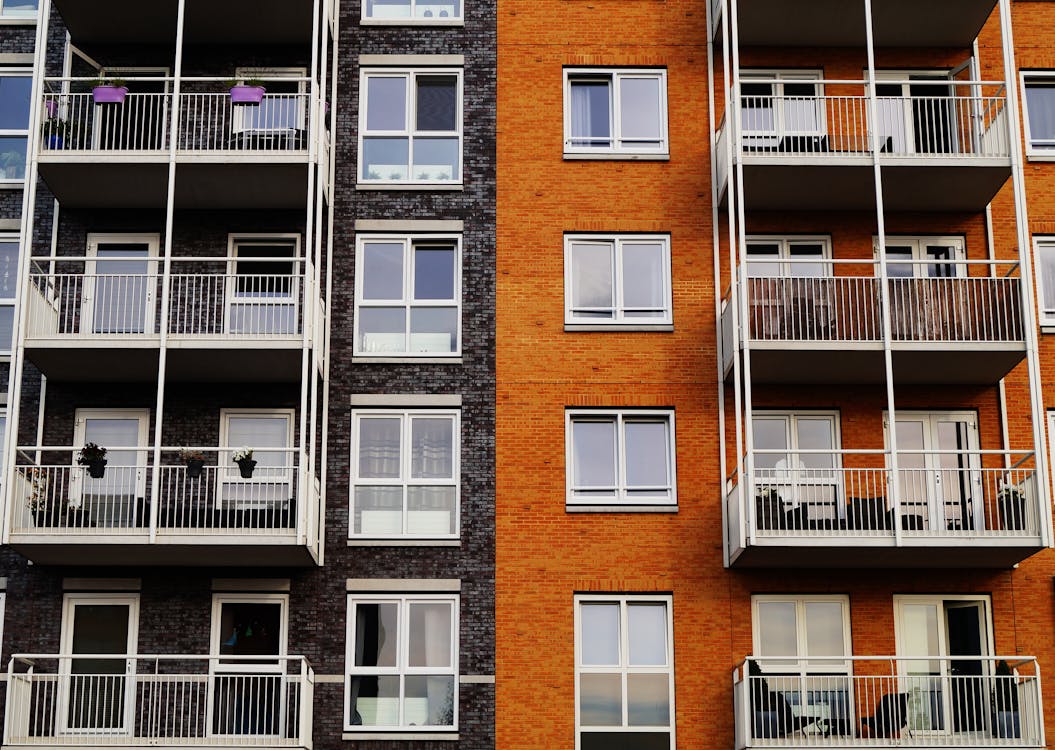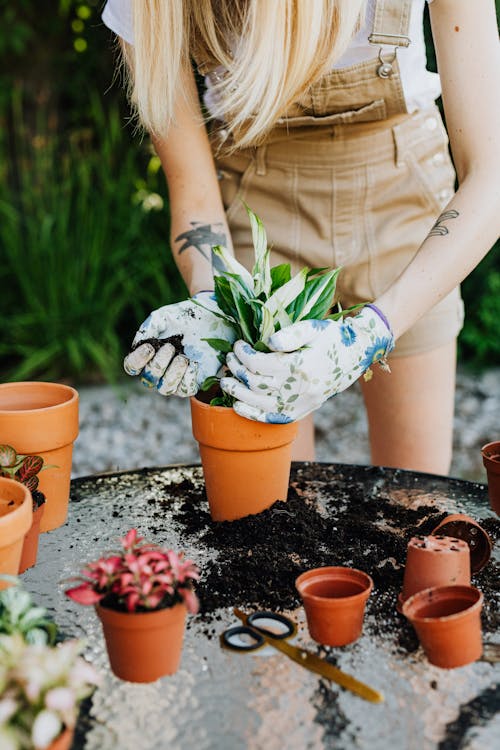Tips for Settling into Your New Apartment
Moving into a new apartment is an exciting experience. Whether it’s your first place after college or an upgrade from a smaller space, getting everything moved in at the new address is always enjoyable.
Of course, it takes more than just the placement of belongings to get your new home up and functioning. There are many things you’ll need to be doing along the way, and many of them have to be done right in the middle of your work to get everything else moved in. Add in the possibility of a deadline to get out of the old place and it’s no surprise that moving is such a stressful experience for some people.
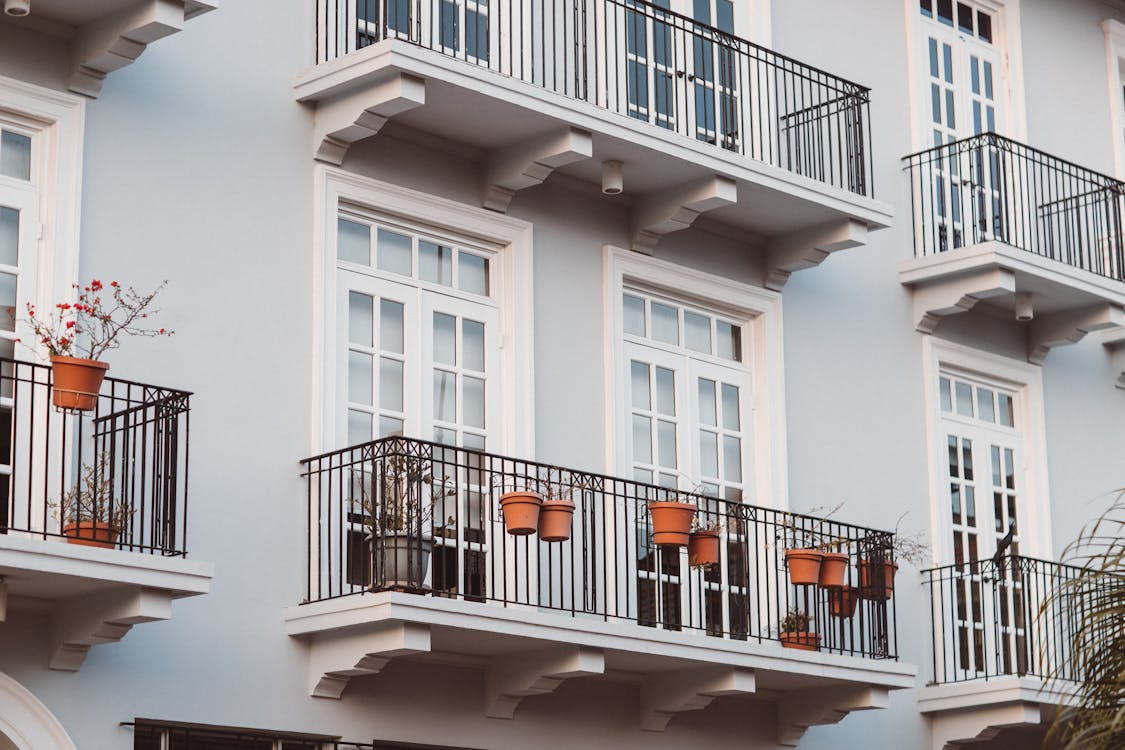
[Photo courtesy of Luis Quintero/pexels.com]
Good organization can keep all this transitional activity from ruining the fun of the move. Get started with these ideas.
Getting Insurance
One of the nice things about renting an apartment is that you aren’t responsible for insuring it. But while it’s true that the property owner is responsible for any damage from weather, theft, or fire, it’s also true that your personal belongings are not covered by their policy. You need to insure those things yourself.
You may feel like coverage for your car and health are enough insurance payments in a month, but it can be well worth the investment to get renters insurance in your apartment. Even your yard-sale furniture would have to be replaced if lost, so make a plan.
Renter’s insurance is beneficial even if the apartment is furnished, because you still have clothes, electronics, kitchen appliances, and valuables like jewelry that will be covered in the event of a fire or natural disaster. And it will start to build insurance expenses into your personal budget, making room for homeowners’ insurance later on.
Make The Switch
There are a lot of things that will have to be changed over when you move. If you still use a landline, it will have to be relocated, and along with it, your broadband services like internet and television. Make sure you receive any utilities deposits that are due back to you, especially since you may have to put down new ones elsewhere.
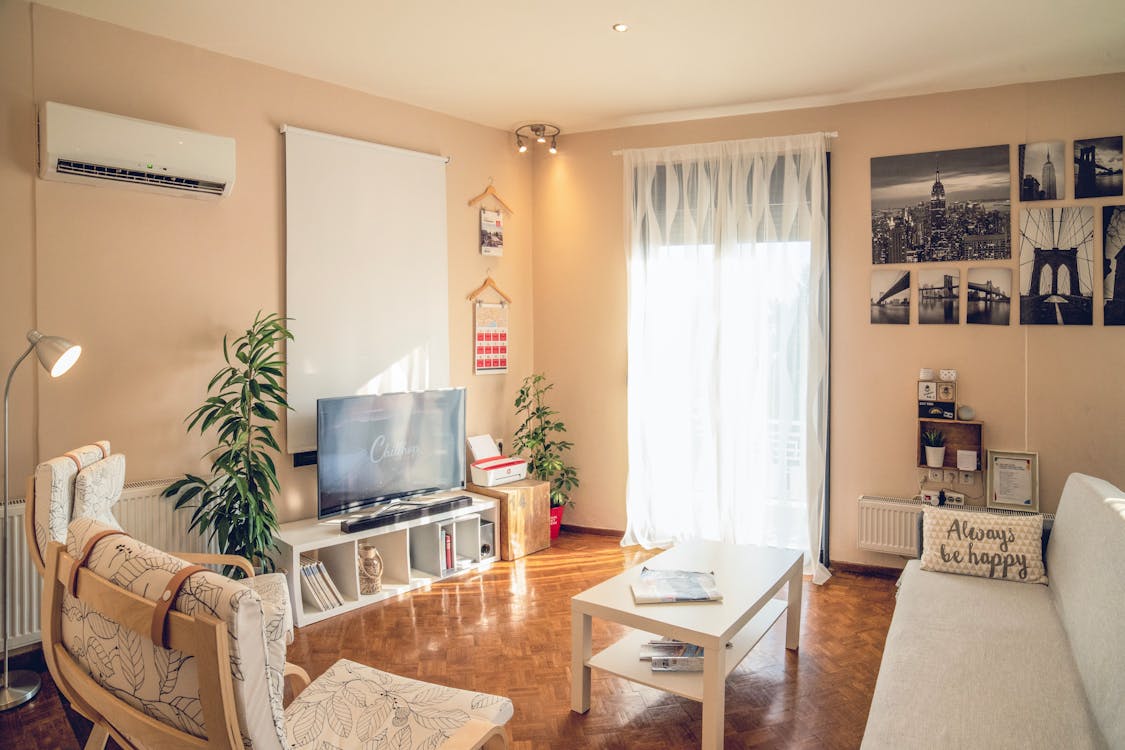
[Photo courtesy of John Tekeridis/pexels.com]
You’ll also need to make changes in your mail. Your first step here should be to put in a forwarding order with the postal service, but you will still have to do a change of address with everyone you do business with. That includes creditors, the various schools you’ve attended, your employer, everyone.
Check Out Your Place
This may sound a little strange. You already got the grand tour, what’s left to discover? It can actually be quite a bit.
Depending on the type of place you’re renting, you may have access to spaces that can accommodate a basic home inspection. While it’s true that the upkeep of the structure isn’t your problem, there are also financial and safety concerns that can affect you.
A good first step is to check the plumbing for leaks. Before moving in, turn off all the water inside–not just at the faucets but at the valves inside the cabinets and behind the toilets. Write down the reading on your water meter. Check a day or so later and see if it has changed. If it has, there is water leaking out somewhere–water that you may be paying for.
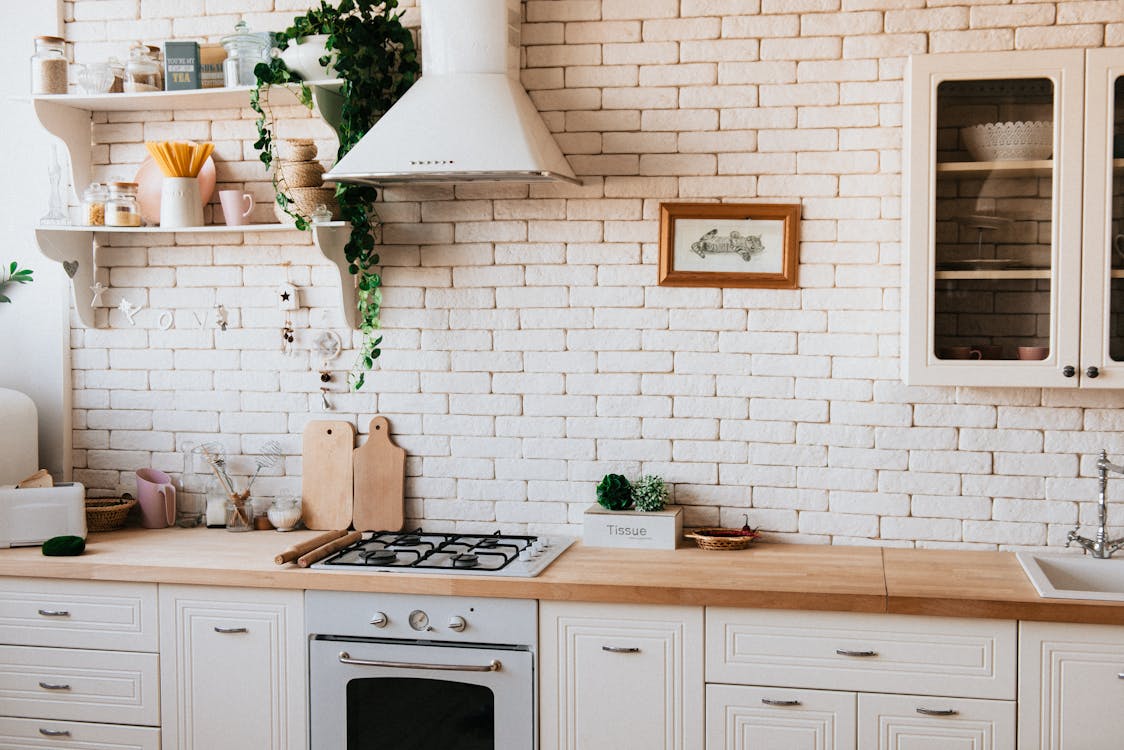
[Photo courtesy of Dmitry Zvolskiy/pexels.com]
Check batteries in smoke detectors and carbon monoxide alarms. Ask if the locks have been changed, and make sure they latch solidly. See if there are any loose windows, and check the breaker box for tripped circuits or other signs of electrical problems.
Moving into a new place is often a big step toward independent adult living. It is easy to get caught up in the excitement of having a pool or a fitness center on site, and those amenities are great. But it’s more important to be financially sound and personally safe, so be sure you take care of all those other considerations as that new key jingles in your pocket.
